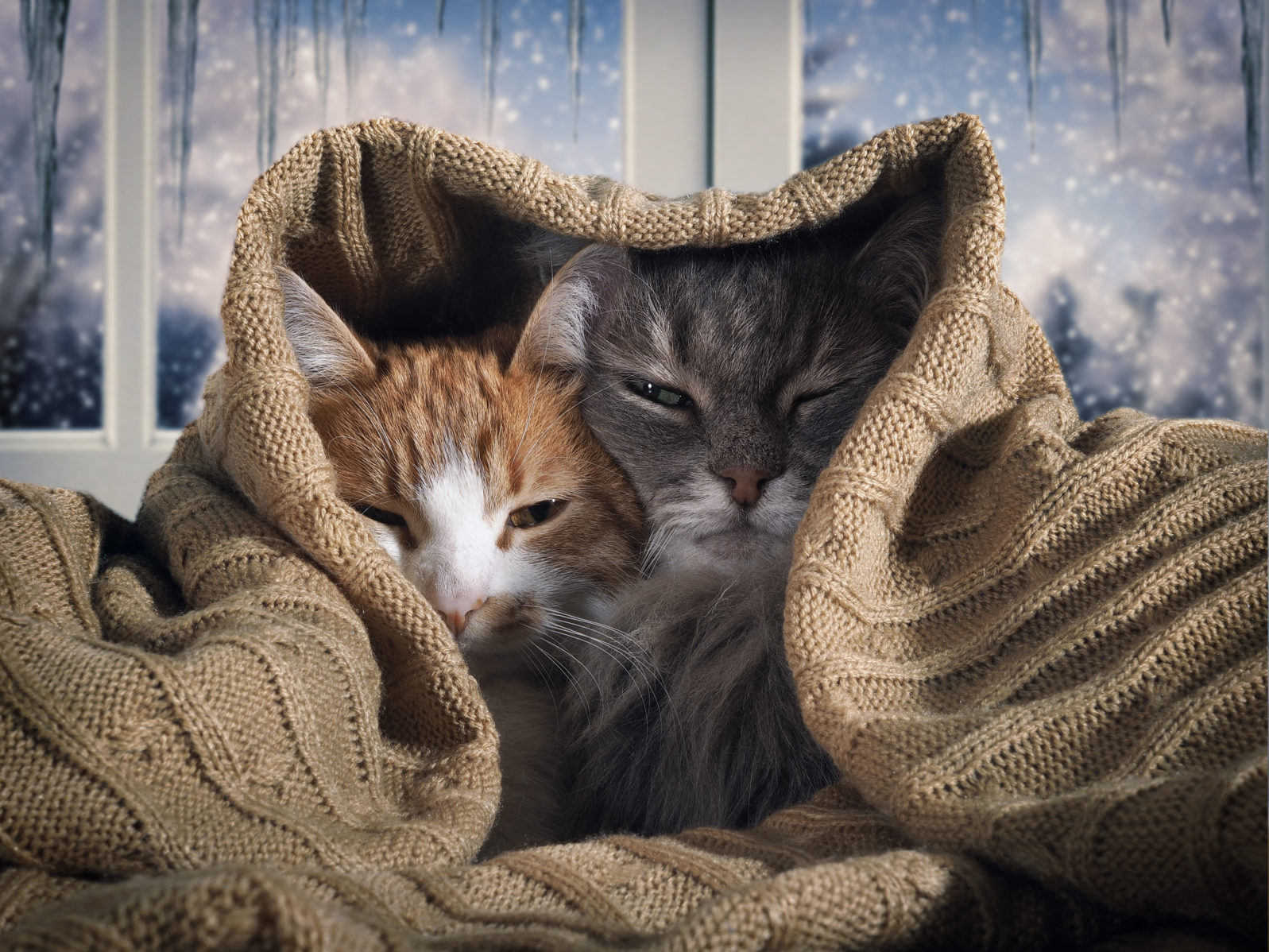Why Cats Can Remember Other Cats’ Names
University of Kyoto scientists found that they can indeed remember, provided they live in the same householdIn a study of 48 cats living in private homes and pet cafés, scientists at Kyoto University in Japan determined that they can recognize the names humans give to them if they live in the same household:
The scientists showed pet cats living in homes and felines living in “cat cafés” photos of cats they resided with to determine their reactions. The cats were then played an audio recording of their owners, or a researcher, calling out a name — either the name of the familiar cat in the photo or a fake name.
Researchers discovered that pet cats spent more time looking at the image when the audio incorrectly identified a familiar cat than when the correct name was said. The study’s authors concluded this behavior may have occurred due to the cat expecting the correct name and being confused when it is not stated.
Stephanie Wenger, “Cats Recognize the Names of Feline Friends Who Live in the Same Household, Study Finds” at Yahoo (May 17, 2022)
Generally, cats that lived together in household did better than cats living in cat cafés:
“These results indicate that only household cats anticipated a specific cat face upon hearing the cat’s name, suggesting that they matched the stimulus cat’s name and the specific individual,” the authors explain, differentiating household cats from “café cats,” or cats that live in cafés where strange people can freely interact with them. “Cats probably learn such name-face relationships by observing third-party interactions; a role for direct receipt of rewards or punishments seems highly unlikely. The ability to learn others’ names would involve a form of social learning.”
Matthew Rozsa, “Cats know the names of other cats that are their friends, study says” at MSN (May 16, 2022)

All of this is either charming or jarring information for cat owners, depending on the names you call your semi-domesticated demons when no one else is around. For example, on paper, our cats’ names are Calliope and Garp, but based on this study, they most likely know each other as “Just a Muffin!” and “Mister Shit.”
Samantha Cole, “Cats Actually Know Each Other’s Names, Study Suggests” at Vice (May 16, 2022)
The paper is open access.
The researchers are unsure exactly how cats remember other cats’ names. But that may not be a mystery if we keep in mind what is involved. First, cats recognize their own names:
Briefly, when cognitive behaviorist Atsuko Saito and her colleagues studied cats who lived in households and at cat cafés, they found that most could distinguish their names from similar sounds spoken by humans. It’s not clear why we should be surprised; the cat probably knows from experience that something that concerns him will happen whenever he hears that sound.
Mind Matters News The paper is open access.
But cats recognize their names as signals, not as abstractions. They likely recognize other cats’ names as signals in the same way.
We humans recognize our names both as signals and as abstractions. You may see your name on a bill. That’s a signal: Pay this. But you may also see your name on an old photo. You know it’s about you but it’s not a signal that you should do anything. It’s an abstraction around your identity.
Cats are more intelligent than they have been given credit for in the past but they don’t do abstractions. To the extent that a cat recognizes his own name or another cat’s name, he interprets it as a signal that attention is being paid and that something may happen as a result:
“Muffin! Quit scratching the couch!”
Muffin knows he is not supposed to scratch the couch and he knows that “Muffin!” is the signal that he has been detected doing it. He does not know that he was called “Muffin” at the suggestion of a grandchild, in memory of an earlier cat. That’s abstract information.

Let’s suppose Muffin hears the following: “Petunia! Get down from there!”
His feline housemate Petunia is always climbing up to the top of the china shelf where the most delicate pieces are kept. Muffin knows, when he hears the signal “Petunia!”, that Petunia (not him) has been detected climbing up there again. But he does not know why she is called “Petunia” or anything about her history. Again, that is all abstract.
It is best to see cats as a classic of the best of the animal mind. Michael Egnor offers some reflections on animal vs. human thinking in an essay on why only human beings speak: Language is a tool for abstract thinking—a necessary tool for abstraction—and humans are the only animals who think abstractly.
You may also wish to read: In what ways are cats intelligent? Cats have nearly twice as many neurons as dogs and a bigger and more complex cerebral cortex.
and
Some mysteries about cats … solved! Pet dogs outnumber cats but they’ll never excel at creating the aura of mystery at which the cat effortlessly succeeds. There are good reasons, as research has shown, why we have always found cats mysterious, compared to dogs.
